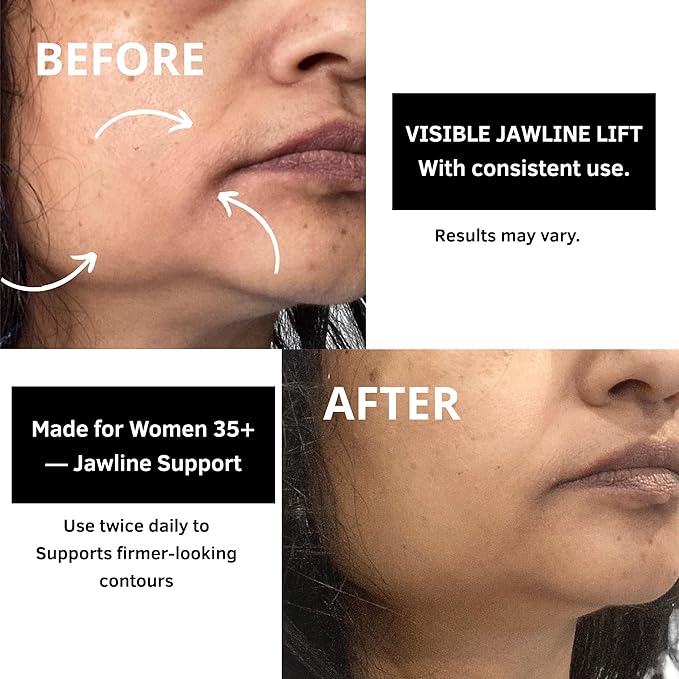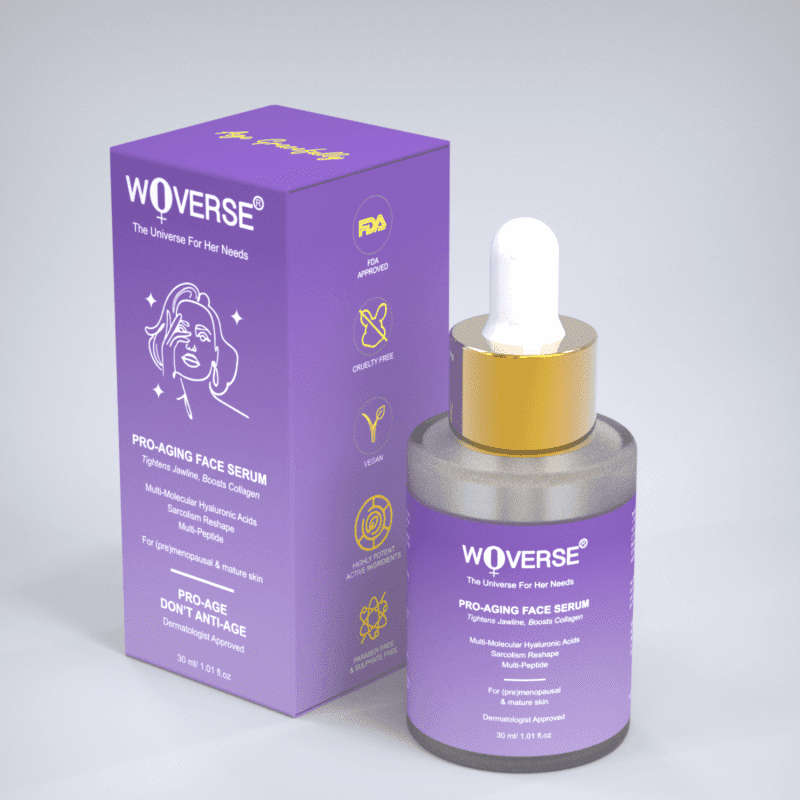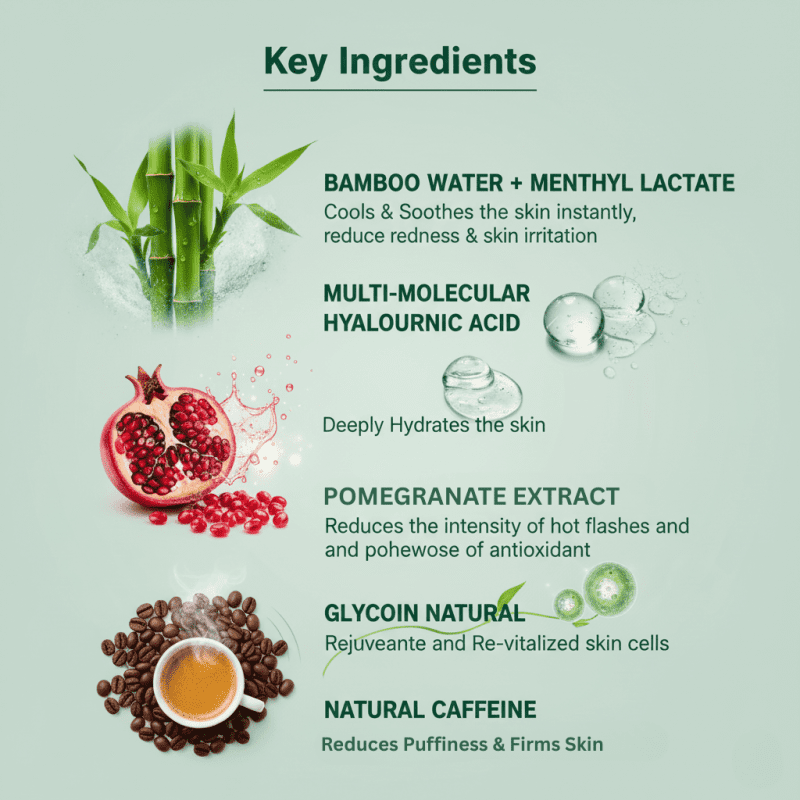
What is Fatigue & Tiredness ?
There’s sleepy, there’s tired, and then there’s fatigue — as in, you wish you were energetic enough to consider yourself exhausted. For many of us, menopause fatigue goes beyond the worn-out feeling that comes with college all-nighters, sleepless nights as new parents, or stressful careers. But menopausal fatigue is different. Fatigue goes beyond tiredness. Fatigue is when being tired is a part of who you are. It’s when exhaustion feels like a step up.
Symptoms of perimenopause and menopause fatigue may include a consistent lack of energy, tiredness, and weakness. Since fatigue symptoms can affect both your mental and physical well-being, you likely won't feel like your 100% best self. Other indicators of fatigue include increased mood swings, irritability, brain fog, and forgetfulness.
Why it happens ?
Well, there are a lot of reasons. First, you’re probably not sleeping enough. If you have insomnia, night sweats, are stressed out, experiencing mood swings, or are waking up to pee, those things will all take their toll, and will eventually lead to that feeling of existential tiredness.
There are also hormonal changes. During perimenopause and menopause, hormone levels fluctuate drastically which can result in the brain waking up throughout the night. As estrogen, testosterone, and progesterone levels change, your body has to work really, hard to adapt. That’s tiring, too.
What can you do ?
- Eat regularly.
Eat every 3 to 4 hours throughout the day and keep snacks simple, healthy, and fast.
- Watch caffeine, alcohol, and nicotine use.
These substances can affect your energy, and when they wear off, they can leave you feeling more drained than before.
- Long naps
Napping can be restorative but beware of naps longer than 30 minutes, which can cause brain fog and lethargy for the rest of the day.
- Create a bedtime routine and try to stick to it.
Start to wind down around 30 minutes before bed. Meditate, listen to relaxing music, whatever works for you.
- Set realistic goals and limits.
This can help you feel less stressed, harried, and rushed.
- Take B vitamins.
Many B vitamins are known to help normal energy metabolism. Iron also helps to transport oxygen throughout the body, so look for around 15mg in a multivitamin or single supplement.










